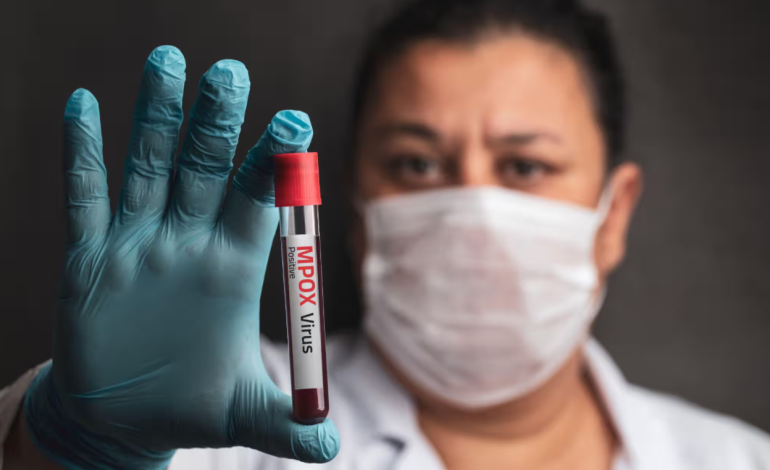As the world marks 100 days since the World Health Organization (WHO) raised the alarm over a new strain of mpox, known as clade 1b, the response to the outbreak has been slower than expected, the Guardian reports.
The strain, which was first identified in Central Africa, has now been detected in countries such as the UK, the US, Germany, Sweden, and India, sparking international concern. Despite some progress, critical gaps in testing, treatment, and vaccine accessibility remain, threatening to undermine efforts to control the virus.
The first 100 days of an outbreak are crucial in determining its trajectory. In response to the Covid-19 pandemic, global leaders committed to the “100 Days Mission,” a pledge to roll out effective testing, treatments, and vaccines within 100 days of identifying a pandemic threat. While some positive steps have been taken in the case of mpox, the world has not fully met this goal.
One notable success has been the leadership shown by the Africa Centres for Disease Control (Africa CDC), which sounded the alarm early and accelerated vaccine approvals. Additionally, countries have made vaccine donation pledges, with progress made in distributing vaccines developed during earlier outbreaks. However, the reality is that vaccines alone are not enough to curb the spread of mpox.
A significant challenge in controlling the outbreak is the lack of accessible and rapid testing. At the onset of the outbreak, only laboratory-based tests were available, which posed difficulties in remote areas where access to labs is limited. Despite the Africa CDC’s goal of testing 80% of suspected cases, only 36% had been tested in the Democratic Republic of Congo (DRC) as of this week. With testing delays of up to three days, infected individuals have ample time to spread the virus to others.
To address this, the WHO has approved a faster, point-of-care test for emergency use in affected countries. This test, which can be conducted outside a laboratory setting, is expected to provide quicker results and support local testing capacity. However, the effectiveness of rapid diagnostic tests (RDTs) remains limited, as few meet the sensitivity levels required by WHO standards. More research and development are needed to create tests that are both accurate and widely available, particularly in rural areas.
While some progress has been made in the search for treatments, particularly through the exploration of monoclonal antibody-based drugs, no specific therapeutics for the new mpox strain have been approved yet. Repurposing existing treatments for other diseases is an option, but funding and political attention have been insufficient to expedite this process. Few treatments are currently in development, and most remain in the preclinical stages.
Looking ahead, the international community must work together to address these gaps. Governments and health organizations should focus on the equitable distribution of vaccines, expand testing capabilities, and speed up the development of treatments. Additionally, leaders must invest in clinical trials for new therapeutic options and ensure that promising treatments reach those who need them most.
The mpox outbreak underscores the importance of preparedness in a world where pandemics are becoming more frequent. The spread of diseases such as H5N1, dengue, and Marburg virus disease highlights the changing landscape of pandemic risk. As we move forward, the lessons learned from previous emergencies must be applied to future outbreaks, enabling faster responses and better tools to protect public health.









